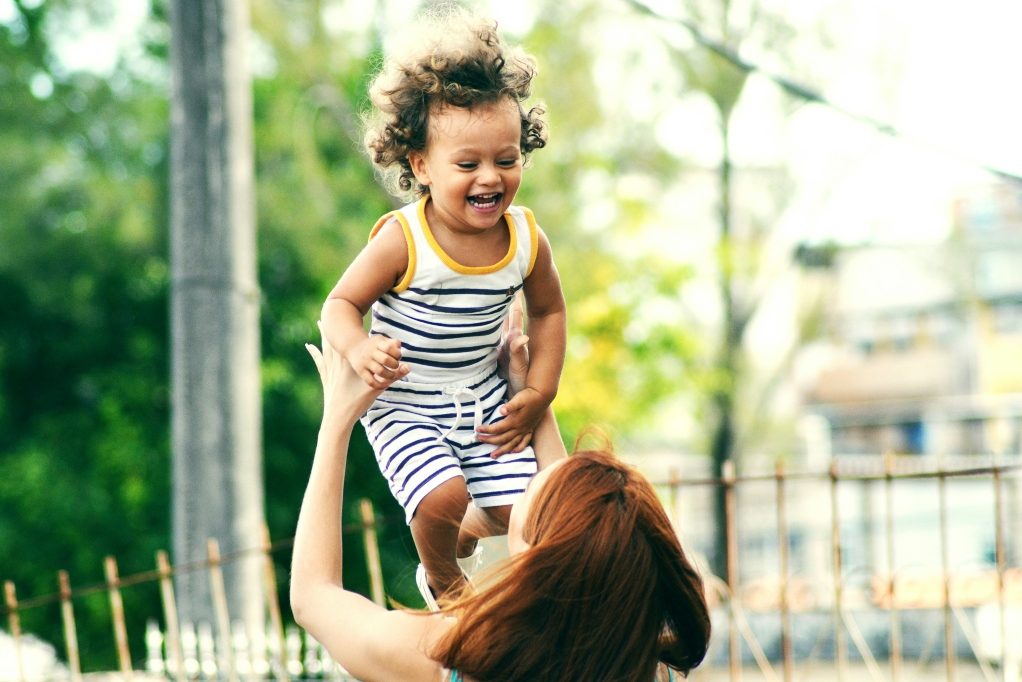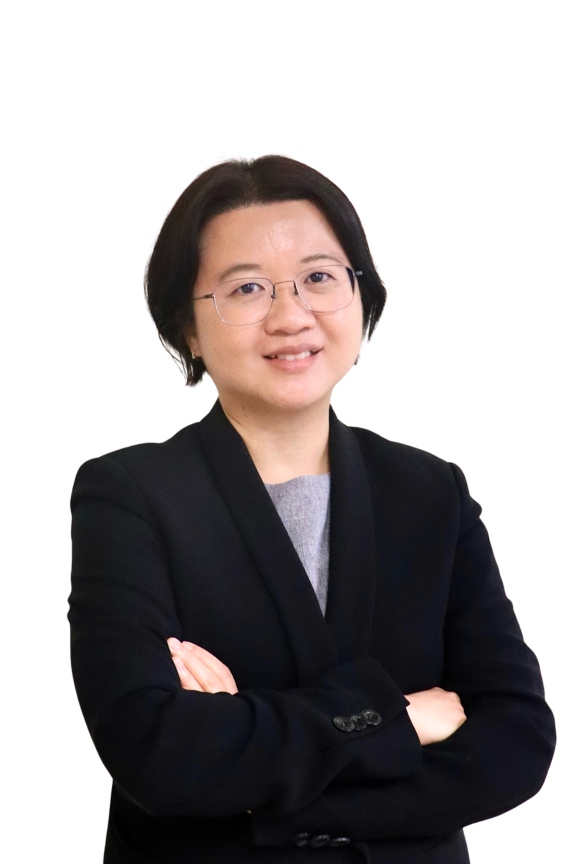
Putting her career first and wanting to be more financially sound, Lenny Kulleh decided that her hopes of becoming a mother would have to wait. But when she got pregnant at 36, the operations manager from Sarawak felt concerned. She was already over 35, or in the advanced maternal age, which comes with higher risks of complications during pregnancy.
“Immediately, I quit smoking – a habit I have had since I was 18,” said Kulleh, who also consulted a doctor about her health.
It was a smooth pregnancy and in March, she and her husband welcomed their bundle of joy – their son Caleb. Celebrating Mother's Day for the first time today, Kulleh said she hopes her story will offer reassurance for women out there who were afraid of giving birth past the age of 35.
“If you want a child, don’t give up, get a good doctor and seek their advice,” she said.
Later motherhood
Kulleh is part of the increasing trend of women in Malaysia who are becoming mothers later in life.
Data from the Statistics Department showed that a higher percentage of babies were delivered by women aged 35 and above. From 20.2% in 2017, the number increased to 23% in 2022, according to the department’s Vital Statistics Malaysia report.
This means that nearly one in every four babies in Malaysia is delivered by a woman of advanced maternal age. Most or 77% of live births in the country are by women aged below 35. However, the national average age of women who delivered their first child has increased from 27.3 years in 2011 to 27.9 in 2022.
The average age of women to have a baby for the first time also differs by state, with Putrajaya having the highest mean age. The average age of a first-time mother in the federal territory is 29 – above the national average of 27.9. Sarawak recorded the youngest average age at 26.8 years.
According to the data, ethnic Chinese and Indian women in Malaysia gave birth for the first time at a later age compared with others. The average age of a Chinese woman to deliver her first child is 30.6, exceeding the national average of 27.9 years in 2022. Similarly, the average age for Indian women to give birth for the first time is at 30.1 years.
In South-East Asia, Malaysia is the second-ranked country with the highest percentage of babies born to women in the advanced maternal age, as of 2021.
Singapore topped the list with 27% of newborn children delivered by mothers aged 35 and above that year, followed by Malaysia’s 23.2%, based on figures from Our World In Data.

“Most mothers still go through the pregnancy smoothly," said Dr Lou Wei Yeng.
Current trends to continue
Experts believe that Malaysian women will continue to have babies later, but medical advances are also expected to provide support for such a situation.
The good thing about more women having babies later is that they are more mentally and financially prepared, said Subang Jaya Medical Centre consultant obstetrician and gynaecologist Dr Lou Wei Yeng.
“But most of them will have to bear the risk of advanced maternal age. This means there is a bigger risk of the mother having hypertension, gestational diabetes and a Caesarean delivery (the surgical delivery of a baby). For the baby, there is a higher risk of low birth weight, birth defects and perinatal death (death of a baby a few weeks before or after birth),” she said.
However, Dr Lou stressed that this does not mean that all pregnancies during the advanced maternal age will have bad outcomes.
“Most mothers still go through the pregnancy smoothly. Early and regular perinatal care increases the chance of having a healthy baby,” she said, adding that screening tests were also available widely to identify genetic disorders.
With Malaysia’s fertility rate dropping to 1.6 children per woman aged between 15 and 49, Dr Lou said such numbers will continue to drop.
“Unless the economy gets better, parenting will ultimately be more stressful. Nevertheless, the number of children might be reduced, but quality is always more important than quantity,” she added.
Source: The Star
